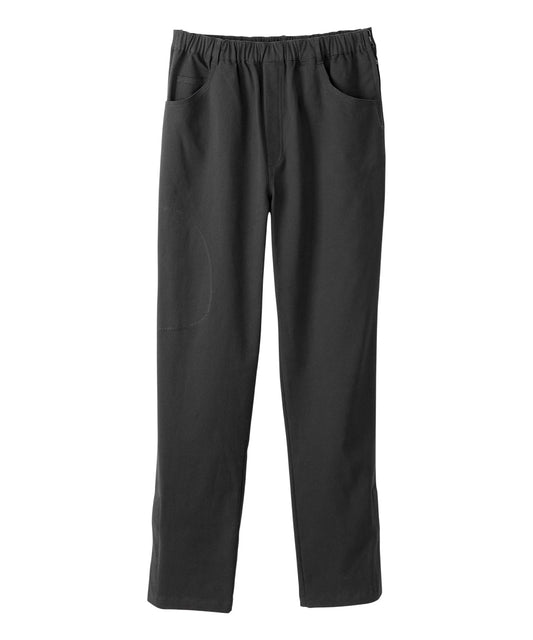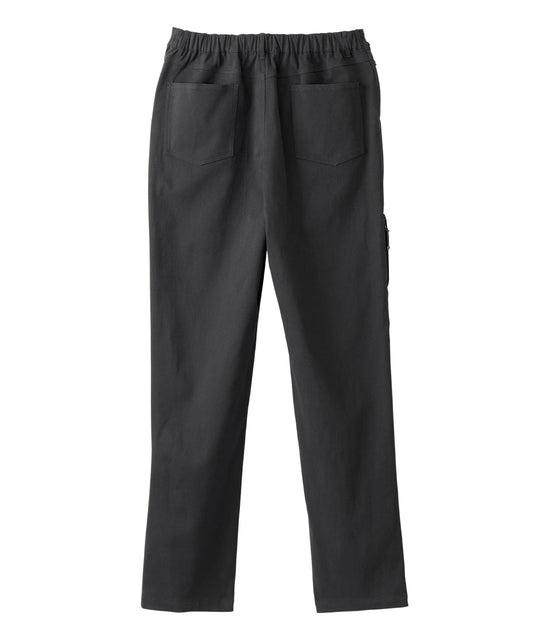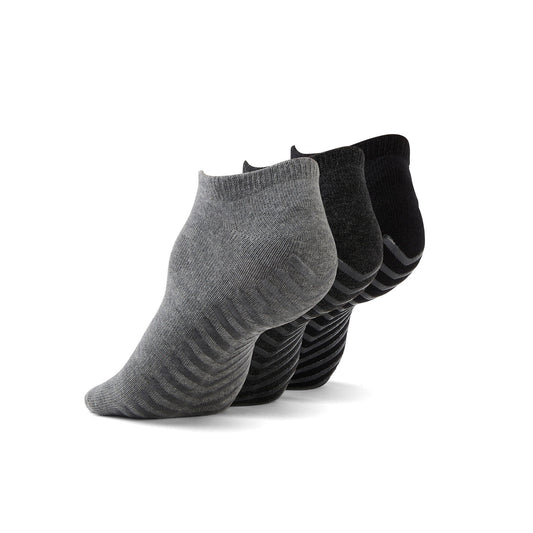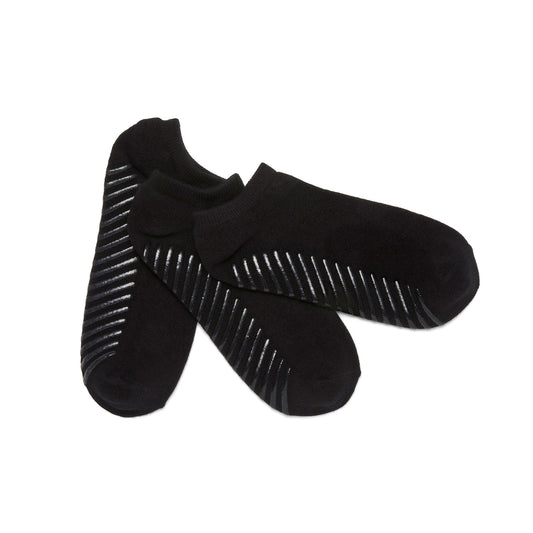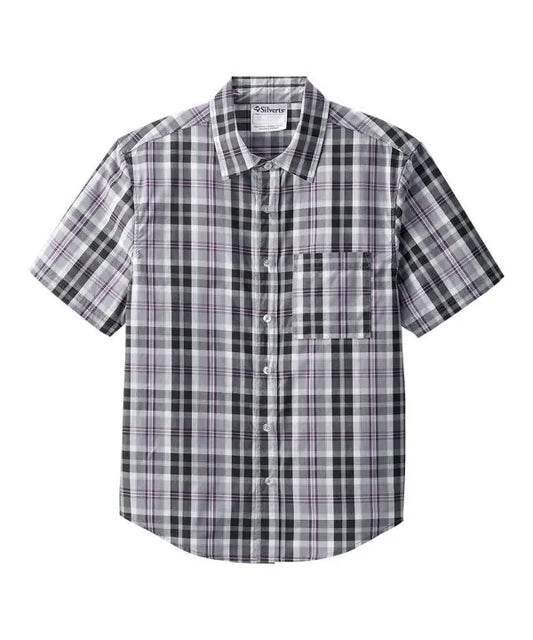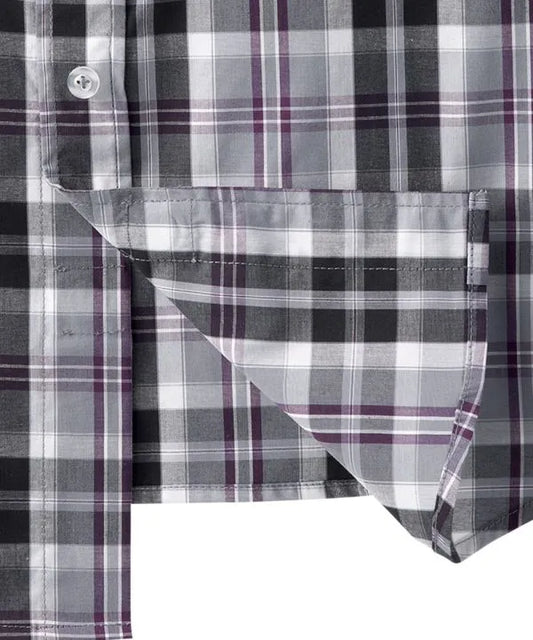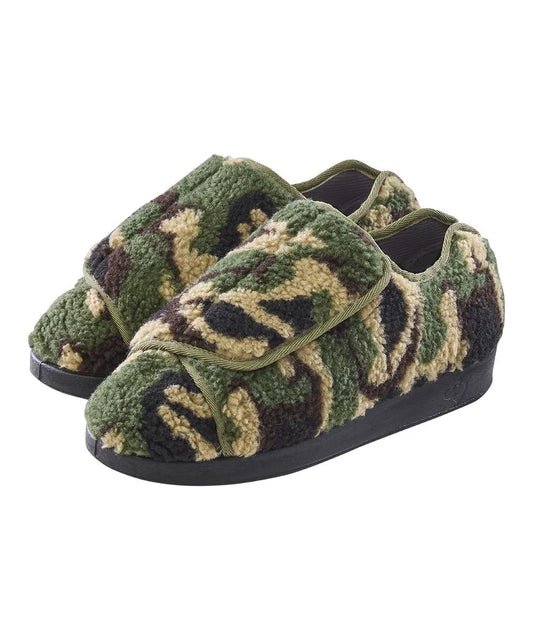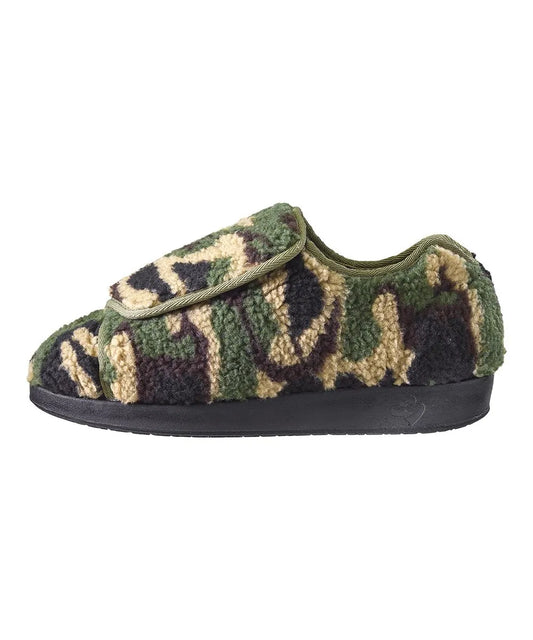Written by: Gurnoor Mand
As we grow older, our needs change, and sometimes we may need additional assistance with our daily lives. Nursing homes provide a safe and secure environment for elderly individuals who require ongoing medical care and assistance with daily activities. Moving into a nursing home can be a stressful and overwhelming experience for seniors and their families. However, packing the right items can help make the transition smoother and more comfortable. Here is a must-have list for nursing home packing to help you or your loved ones feel at home in their new environment.
- Clothing: When packing clothes, consider the nursing home’s policies and weather conditions. Seniors will require comfortable and appropriate attire for activities, meals, and rest. Pack enough clothes for at least a week, including pajamas, underwear, socks, and shoes. Choose clothes that are easy to put on and take off and avoid clothing with zippers or buttons that may be difficult to manage.
- Personal Care Items: Personal care items include toiletries, grooming supplies, and personal hygiene items. Consider packing the following: toothbrush, toothpaste, dentures, denture cleaner, comb, brush, shaving kit, shampoo, conditioner, lotion, deodorant, and any other personal care items that the senior may need.
- Medications: Seniors will require their prescribed medications while in the nursing home. Pack enough medications to last for at least two weeks and ensure that the nursing home staff is aware of the dosage and schedule. Medications should be kept in their original containers and labeled with the senior’s name.
- Comfort Items: Seniors may feel more at home with some comfort items such as their favorite blanket, pillows, and family photos. These items can help create a sense of familiarity and comfort in a new environment.
- Entertainment: To pass the time, seniors will require entertainment. Pack books, magazines, puzzles, and games to keep them occupied. Consider electronic devices such as tablets, laptops, and smartphones to keep them connected with family and friends.
- Assistive Devices: If the senior requires assistive devices such as hearing aids, walkers, or wheelchairs, ensure that these items are packed and labeled with their name. These devices are important for mobility and communication and must be readily available.
- Important Documents: Seniors should have their important documents with them while in the nursing home. These documents include their identification, insurance cards, medical records, and any legal documents such as power of attorney or living wills.
- Snacks: Seniors may feel hungry between meals, so pack some snacks such as granola bars, crackers, and fruit cups. However, be sure to check with the nursing home regarding any dietary restrictions.
In addition to packing the right items, there are many things that caregivers and personal support workers (PSWs) can do to make seniors' stay at a nursing home more comfortable. Here are a few suggestions:
- Communicate regularly: It's essential to maintain good communication between the senior, family members, and the nursing home staff. Caregivers and PSWs should communicate with the senior regularly, listen to their concerns, and provide emotional support.
- Personalize the living space: Personalizing the senior's living space with familiar items such as family photos, favourite bedding, and other cherished items can help them feel more at home and comfortable in their new environment.
- Encourage socialization: Encouraging seniors to participate in social activities such as games, crafts, and outings can help them make new friends and stay engaged in the community. Caregivers and PSWs can also facilitate family visits, phone calls, and video chats to help seniors stay connected with their loved ones.
- Assist with daily living activities: Seniors may require assistance with daily living activities such as bathing, dressing, and grooming. Caregivers and PSWs can provide support and assistance in these areas to help seniors feel more comfortable and maintain their personal hygiene.
- Monitor medications: Caregivers and PSWs should monitor seniors' medications to ensure that they are taken as prescribed. This can help prevent adverse reactions and ensure that the senior receives the proper dosage.
- Monitor nutrition and hydration: Caregivers and PSWs should ensure that seniors are receiving adequate nutrition and hydration by monitoring their food and drink intake. They can also assist with feeding if necessary.
- Monitor for changes in behaviour or health: Caregivers and PSWs should monitor for changes in behaviour or health and report any concerns to the nursing home staff. This can help ensure that seniors receive prompt medical attention if necessary.
In summary, packing for a nursing home stay can be overwhelming. However, with proper planning and organization, the transition can be smoother and more comfortable. Ensure that you pack essential items such as clothing, personal care items, medications, comfort items, entertainment, assistive devices, important documents, and snacks. By packing these must-have items, seniors can feel at home in their new environment and receive the care they need. caregivers and personal support workers can do many things to make seniors' stay at a nursing home more comfortable. By maintaining good communication, personalizing the living space, encouraging socialization, assisting with daily living activities, monitoring medications, nutrition, and hydration, and monitoring for changes in behavior or health, caregivers and PSWs can help seniors feel more at home and comfortable in their new environment.

